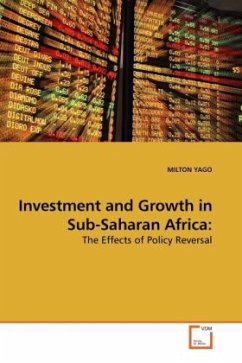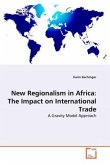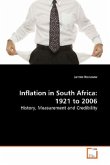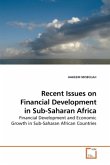Sub-Saharan African countries have more than most developing regions experienced poorer economic performances since the early 1980s, a period characterised by declining national incomes per capita, slowdown in gross domestic product growth and decreasing investment. Many policy makers, donor organisations and academic studies attribute these disappointing economic performances to failure in pursuing appropriate macroeconomic policies. Not only have those countries made poor policy choices, but also reneged on meaningful implementation of sound policies they initially started. There are theoretical and anecdotal evidence that these policy reversals have been among the most important explanations for the economic retardation in the region. However, empirical evidence to support these theoretical and anecdotal findings is lacking. This book therefore provides an empirical contribution to the understanding of the most important factors including the effects of policy reversal in explaining the persistent economic malaise in sub-Saharan Africa.
Bitte wählen Sie Ihr Anliegen aus.
Rechnungen
Retourenschein anfordern
Bestellstatus
Storno








